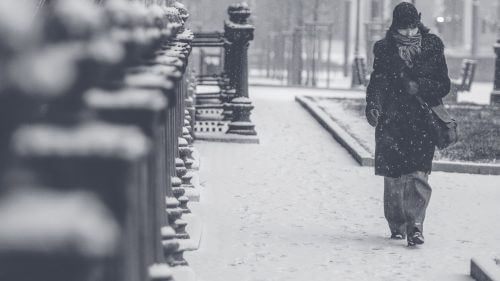A team of researchers from Ben-Gurion University of the Negev showed that a short exposure to an association associated with cold and creating a sensory stimulus leads to an improvement in cognitive tasks.

Previous studies have shown a relationship between exposure to hot temperature and expressions of aggression, but so far no relationship has been found between exposure to sensory or perceptual stimuli associated with cold and cognitive function. A new study conducted by researchers Dr. Idit Shalu from the Department of Education and Prof. Nachshon Miren, Department of Psychology at Ben-Gurion University of the Negev and Dr. Eliran Hilleli, currently at the Department of Psychology at Bar-Ilan University, shows that a brief and accidental exposure to a stimulus that creates a sensory sensation is sufficient or that evokes associations associated with cold (such as a picture of a winter landscape), compared to a stimulus associated with heat, in order to improve performance on a cognitive control task.
This study is based on the assumption that there is an associative relationship between physical and perceptual stimuli and that it is enough to expose the subject to one of them to stimulate a complete associative array that can affect the performance of the subject, even without awareness of these connections.
The researchers believe that cold increases alertness and is therefore a signal for the need to mobilize cognitive control resources. The research has implications for understanding the effect of the real and perceived physical environment on performance in tasks that require cognitive control. Further studies will examine these effects in different environments manipulating real or perceptual sensory stimuli related to the ability to exercise self- or cognitive control. For example, other findings point to a connection between exposure to desert images and the difficulty in changing habits involving the operation of self-control.
For a study recently published in the journal Psychological Research
For review on the Association for Psychological Science websiteGod
